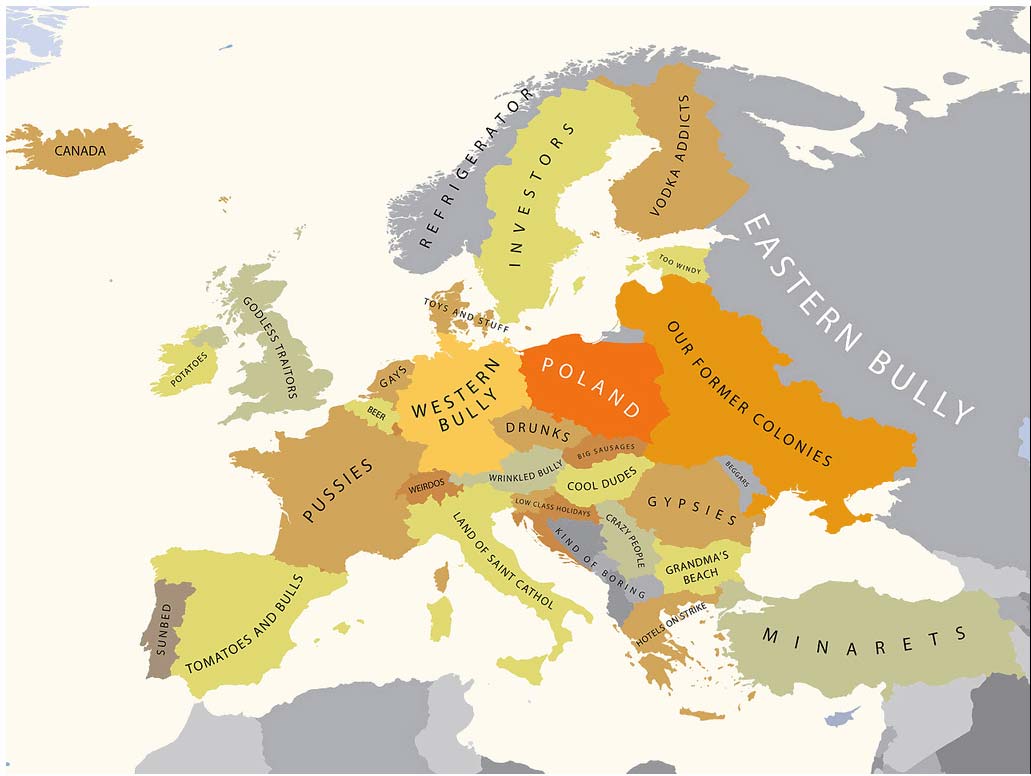Genealogy /
THE MEANING AND RESEARCH OF MY POLISH LAST NAME, SURNAME? [4500]
ŻABICKI RACKIEWICZ SIEDLEWSKI
ŻABICKI: root word żaba (frog); topo nick from Żabice (Frogsonville)
RACKIEWICZ: patronymic nick from Racek, Racuś and suchlike pet forms of Racisław or Racibór.
SIEDLEWSKI: topo nick from Siedlew or Siedlewo; Siedleski would be an attempt in English-speaking countries to retain the proper pronunciation; leaving to 'w' intact would produce a pronunciation similar to seed-LOOSE-key.
For more info on the above and other Polish surnames including their coats of arms please contact me
GA£ĘZA: root-word gałąź (branch); topo nick from Gałęzów, Gałęzewo, &c.
DYBKA:root-word dyba (pillory) or dybać (to lie in wait); topo nick from Dybki or Dybków
ZYMA: adaptation of German name Ziemann or from zeman (ziemianin) Czech for squire
CHODORÓW: patronymic nick from Chodor, variant of Teodor, Todor, Fiodor (Teodore)
WOJKROW: no record (check spelling)
KREMERÓWKA: no record (check spelling)
FOR MORE SURNAME INFO PLEASE CONTACT me
KREMER: Whilst no-one at present is using the Kremerówka surname in Poland, Kremer does exist and is used by several hundred Poles. It comes from the German word Krämer, someone who owns as Krambude (market stall) or Kramladen (small shop). Perhaps Kremerówka was slang for Kremer's unmarried daughter. By rights it should have been Kremerówna, but with names one never knows.
KUCZAJ: possibly from old verb kuczyć (pester, annoy, tease) or topo nick from Kucze, Kuczyn, etc.
WALICKI: from first name Walerian or Walenty or topo nick from Валіца (Walica) in Ukraine.
CZUCHRA: from verb czuchrać/czochrać (to tousle hair or flax)
ZAJDEL: Polish respelling of German Seidel (mug, stein)
TEMPOLSKI(?): no Tempolski or Tępolski in today's Poland; 1 person named Tympolski
PELC: from German Pelz (pelt, skin of fur-bearing animal)
HABRAT: possibly from chaber/haber (cornflower, bluebottle)
For more info on the above and other Polish surnames please contact me
KUCZAJ: possibly from old verb kuczyć (pester, annoy, tease) or topo nick from Kucze, Kuczyn, etc.

